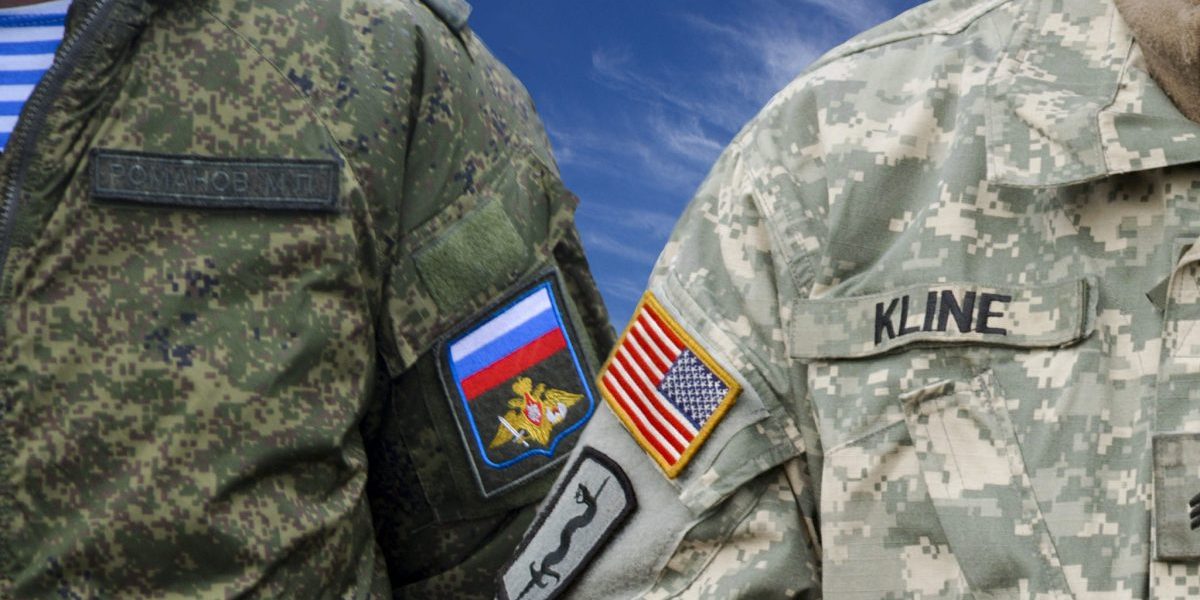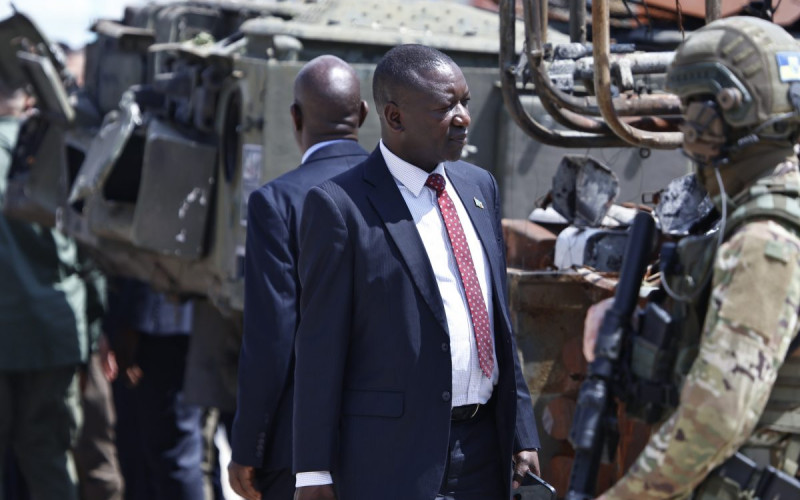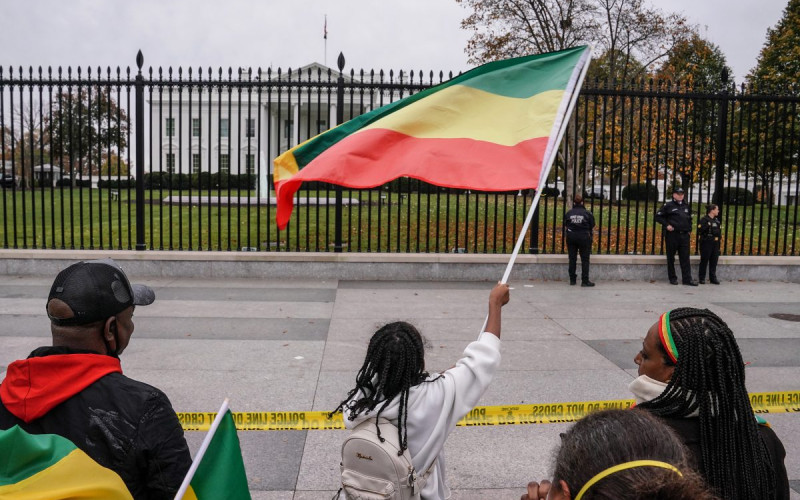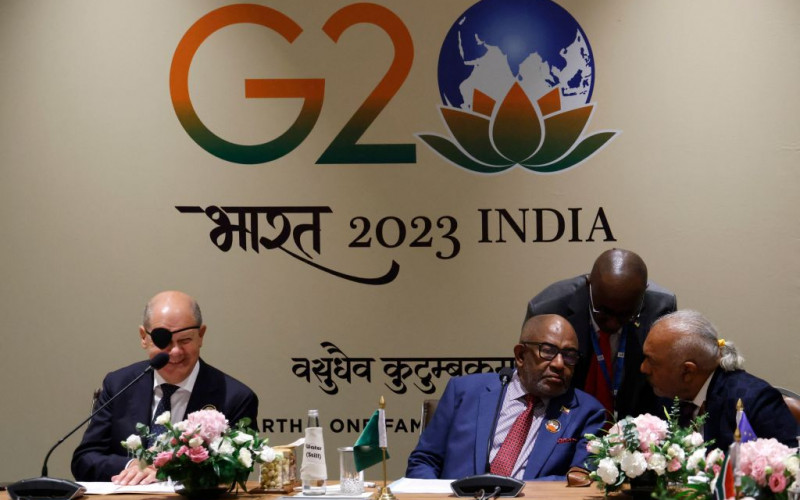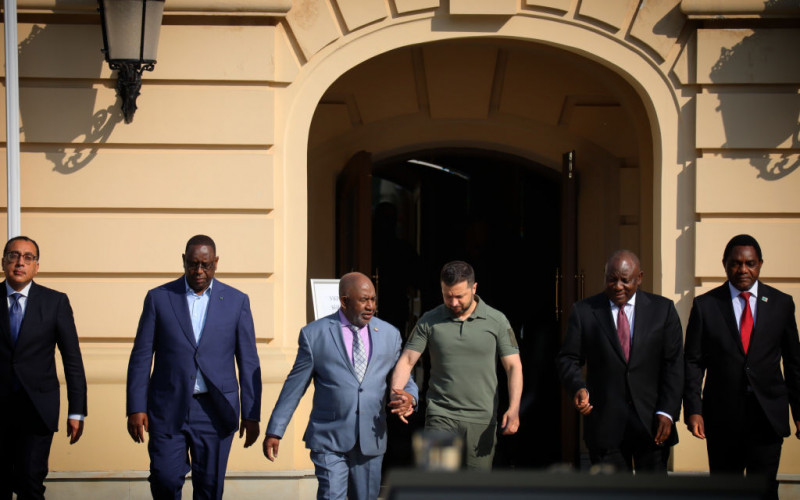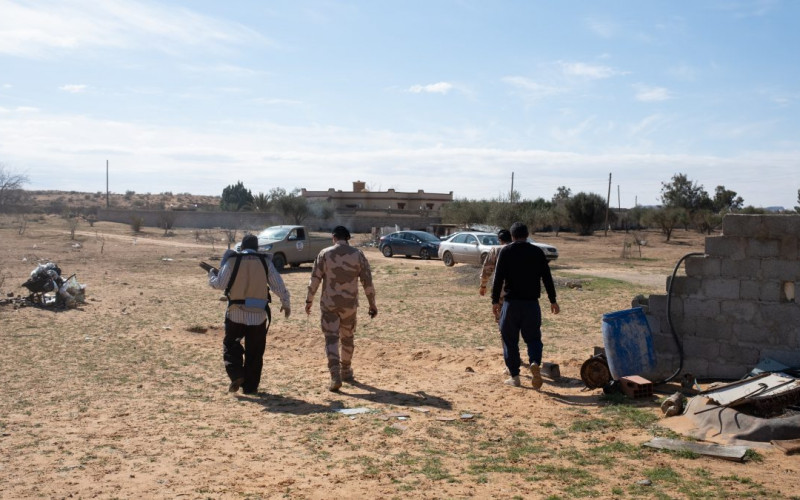Both superpowers – the Soviet Union and the United States of America – competed for influence on a global scale. Europe was the most important region, followed by Asia, with Africa becoming the third continent where the Soviets attempted to expand communism and the West tried to contain it. The latter gained staunch allies in Kenya, Côte d’Ivoire, Nigeria and Zaire. This showed a ‘pragmatic’ approach by the West, as all these countries were authoritarian one-party states at the time. Containing communism meant that its allies did not have to be democratic – they just had to openly shy away from Marxism-Leninism.
The Soviet Union took a different approach – making an effort to increase its influence in Africa by supporting ideologically similar states through financial aid and provision of weapons. As a result, the USSR managed to gain much influence in Angola, Mozambique and Ethiopia. Angola in particular was important for the Soviet Union, which backed one of its two primary factions – the communist Popular Movement for the Liberation of Angola (MPLA) – during the country’s civil war. Russia seems determined to build on the established influence, as it has recently written off Angola’s consolidated Cold War debt of $4 billion.
The ‘new’ Cold War, should it materialise, will not be rooted in the ideological clash between capitalism and communism. This time, the two blocs are likely to be divided into liberal democracies and authoritarian non-democracies. The former would consist of the USA and the European Union states, while the latter could have authoritarian states like China and Iran siding with Russia. Liberal democratic states tend to emphasise significant freedoms and liberties for the individual, while authoritarian states prioritise the state as a whole, meaning that individual rights are often disregarded in favour of the overall system stability.
Currently, the level of economic interdependence in the globalised system would not allow for the same kind of Cold War hostilities that emerged between the Soviet Union and the United States during the second half of the 20th century. Russian President Dmitry Medvedev recently outlined his five-point doctrine, stating that “The world should be multi-polar…We cannot accept a world order in which one country makes all the decisions, even as serious and influential a country as the United States of America.” However, Medvedev also added that “Russia does not want confrontation with any other country…We will develop friendly relations with Europe, the United States, and other countries, as much as is possible.” Similarly, although the West has been critical of Russian actions, it is unwilling to implement any sanctions harm their relations. However, even though both sides are stating that they are unwilling to escalate the conflict, it is clear that Russia wants to maintain its influence in its neighbouring states, while the West wants to contain it, thereby creating potential for further conflict.
What would be the implications of a ‘new’ Cold War, or at least a system shift towards multi-polarity, for Africa? One the one hand, it might give Africa more freedom to manoeuvre between different development partners. The existence of two or more competing sides could strengthen the bargaining positions of African governments and allow them to negotiate better terms. However, on the other hand, African governments’ decisions to take one side’s money instead of the other’s may have major implications for their states’ economic and political development, as they respond to pressures and constraints resulting from developing relations with any side. Thus, in order to gain the most out of the rivalry between the West and Russia, African states should maintain neutrality as much as possible, but also try to attract complementary investments. Falling into the sphere of influence of any side would diminish their economic opportunities.

